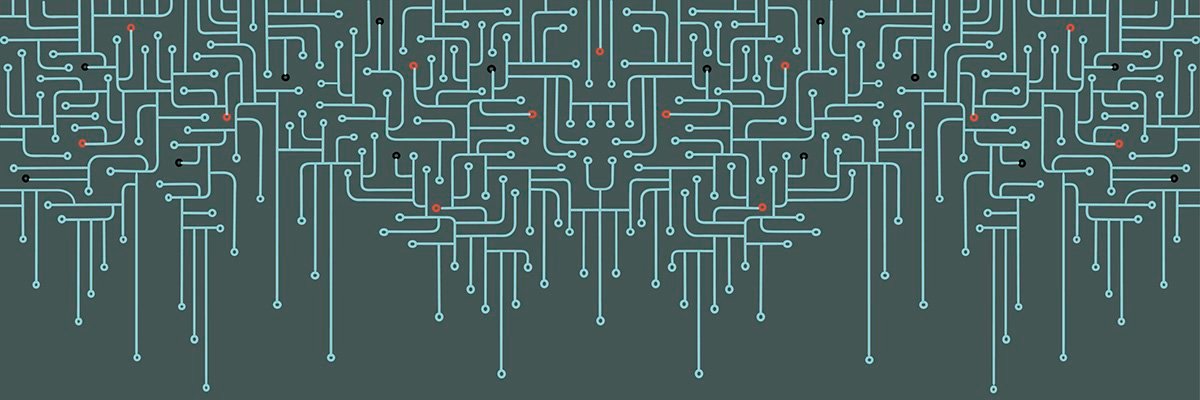
In addition to improving the efficiency of operations and mitigating issues before they occur, artificial intelligence (AI) is now totally established with the fabric of networks. But as AI use over networks grows, the movement of the massive datasets it generates demands more network resources, and in a reflection of this key dynamic, AI-engineered hyperscaler Nscale has engaged Nokia to deliver an IP network service to support AI workloads at its datacentre in Stavanger, Norway.
Nokia said that to meet the growing demands of rapidly increasing global AI workloads, it was essential that modern datacentre networks for cloud builders have to be built to be highly reliable, secure and easy to operate. Indeed, current infrastructure leaders warn that as AI is becoming a core component of businesses’ network operations, training AI models is now especially network intensive.
Nscale believes that its strategic location in the Arctic Circle allows it to take advantage of the local climate for energy-efficient adiabatic cooling, complemented by the use of 100% renewable energy, underscoring “a dedication to a sustainable digital future”.
The new datacentre, powered entirely by renewable energy and said to be optimised for energy-efficient cooling, is designed to enable what the company called “cutting-edge” AI services, including graphics processing unit as a service (GPUaaS).
With a growing global demand for AI-driven applications that consume a large amount of data, Nokia said Nscale required a reliable, high-performance network to support training and inferencing on large-scale GPU clusters.
In its deployment of its technology, Nokia was confident that its Ethernet-based datacentre fabric would provide scalability, programmability and low-latency performance – essential for handling the rigorous demands of AI workloads across industries including education, healthcare, government and finance.
“Our mission is to redefine the boundaries of AI and high-performance computing through innovative, sustainable solutions,” said Nscale chief technology officer David Power. “Nokia’s datacentre fabric enables us to scale our GPU clusters while maintaining the reliability and performance needed to serve our customers with cutting-edge AI services. The flexibility of Nokia’s solution ensures we can bring advanced AI capabilities to market faster.”
Nokia describes its service – based on the 7220 interconnect router and 7750 SR platforms – as offering open and programmable architectures in a bid to ensure the required reliability, automation and adaptability that AI workloads need.
“As a hyperscaler, Nscale is already delivering turnkey AI development and deployment solutions to businesses worldwide,” added Paul Alexander, vice-president and country general manager for UK&I at Nokia. “With support from Nokia, the path to accessible and transformative AI innovation has never been easier. By combining advanced Ethernet technology with sustainability, we are helping Nscale deliver world-class AI services while supporting its commitment to renewable energy and environmental responsibility.”

Comentarios recientes